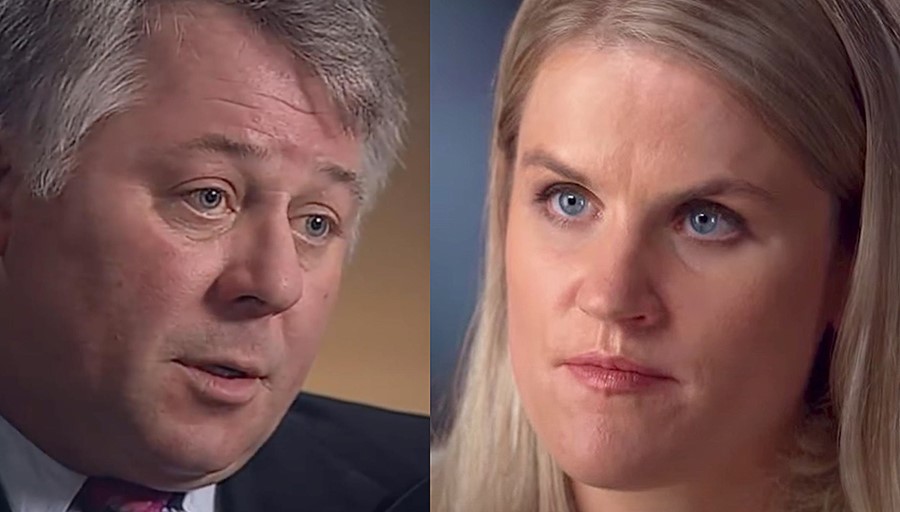
Jeffrey Wigand and Frances Haugen have two things in common. Both blew the whistle on impropriety within their respective companies, and both appeared on the news show, 60 Minutes to tell their stories.
At the social media company, Facebook, Haugen—with a degree in computer engineering, and a master’s degree in business from Harvard—has 15 years experience in the computer world working for Google, Pinterest and up to a few weeks ago, Facebook.
For 25 years, Jeffrey Wigand—with a masters and Ph.D. in biochemistry—worked as a senior executive for Pfizer, Merck, and Johnson & Johnson before becoming vice president of research and development for Brown & Williamson, the third-largest tobacco company in America.
Interviewed in 1996 by 60 Minutes reporter Mike Wallace, Wigand gave a blistering account of how Brown & Williamson, and other cigarette manufacturers, manipulate nicotine levels to keep smokers addicted to their product.
“And that’s what cigarettes are for? Wallace asked Wigand.
“Most certainly. It’s a delivery device for nicotine.”
“A delivery device for nicotine,” Wallace repeated. “Put it in your mouth, light it up, and you’re going to get your fix.
“You’ll get your fix,” Wigand said.
Hired by B&W to develop a safer cigarette, Wigand soon got a lesson in B&W’s corporate culture when he attended a meeting with corporate counsels.
“For 3 days,” Wigand told a House committee looking into the matter, “I was told that the research from numerous Surgeon General Reports and other eminent public health scientific publications on the human hazards of tobacco was based on flawed science . . . The attorneys argued that nicotine was not addictive . . . This was the first time in my career that I had lawyers interpret the science for me.”
Wigand took the 12 pages of minutes from the meeting memorializing the summary of scientific discussions and copied top executives at Brown & Williamson. What the executives did next shocked Wigand even more.
“Thomas Sandefur [COO and President of B&W] . . . ordered in-house product liability counsel, J. Kendrick Wells, III to rewrite the minutes, even though he had not attended the meeting. Wells completely altered the minutes removing any reference to the discussions that had taken place and included only an abbreviated follow-up program. He reduced 12 pages of meeting minutes into 2- and one-half pages of vanilla.”
“Haugen was recruited by Facebook in 2019,” 60 Minutes reporter Scott Pelley describes. “She says she agreed to take the job only if she could work against misinformation because she had lost a friend to online conspiracy theories.”
“I never wanted anyone to feel the pain that I had felt,” Haugen said. “And I had seen how high the stakes were in terms of making sure there was high-quality information on Facebook.
“At headquarters,” Pelley explains, “she was assigned to Civic Integrity which worked on risks to elections including misinformation, but after this past election, there was a turning point.”
“They told us, ‘We’re dissolving Civic Integrity.’ Like, they said, ‘Oh good, we made it through the election. There [weren’t] riots. We can get rid of Civic Integrity now.’ Fast forward a couple of months, we got the insurrection. And when they got rid of Civic Integrity, it was the moment where I was like, ‘I don’t trust that they’re willing to actually invest what needs to be invested to keep Facebook from being dangerous.’
“The thing I saw at Facebook over and over again,” Haugen described, “were conflicts of interest between what was good for the public and what was good for Facebook. And Facebook, over and over again, chose to optimize for its own interests, like making more money.”
Pelley asked Haugen why she didn’t just quit, and why she felt compelled to come forward.
“Imagine you know what’s going on inside of Facebook,” Haugen said, “and you know no one on the outside knows. I knew what my future looked like if I continued to stay inside of Facebook, which is person after person after person has tackled this inside of Facebook and ground themselves to the ground.”
In an interview for my 2004 book What Do You Stand For? Wigand’s reasons for coming forward were more direct.
“My moral compass has an intolerance for deceit. It’s a compass that makes me want to make sure that the truth is told, particularly when it affects the health and safety of millions of people.”
But Haugen left Facebook with something Wigand did not have: thousands of documents to back up the accuracy of her disclosure.
Speaking to Wigand yesterday I asked why he didn’t take copies of B&W’s research documents to share with the public.
“I should have taken documents,” he told me. “It would have made a stronger case.”
Haugen told Pelley that social media has seriously damaged the political and cultural ecosystem.
“When we live in an information environment that is full of angry, hateful, polarizing content it erodes our civic trust, it erodes our faith in each other, it erodes our ability to want to care for each other, the version of Facebook that exists today is tearing our societies apart and causing ethnic violence around the world.”
“Disturbingly,” Wigand told the House committee, “I learned that the culture of the tobacco industry was one in which great importance was placed on keeping the public ignorant about the addictive and lethal nature of tobacco products. The industry most wanted to protect its fundamental legal and PR platform that tobacco use was not addictive, that tobacco use was a free, consumer choice, and that tobacco use was not the source of the scientifically linked morbidity and mortality.”
As a result of Wigand’s testimony in a Mississippi courtroom eventually led to a $250 billion litigation settlement by the tobacco industry.
Today, Jeffrey Wigand lectures worldwide to audiences including children, college, medical and law students, and a diverse group of policymakers. He has consulted with governments throughout the world on tobacco control policies.
Frances Haugen testified before Congress this week making the case to federal officials that they should enact regulations.
The good news is that there is bipartisan support. The bad news: we all know how long it takes Congress to act.
Comments
Leave a Comment

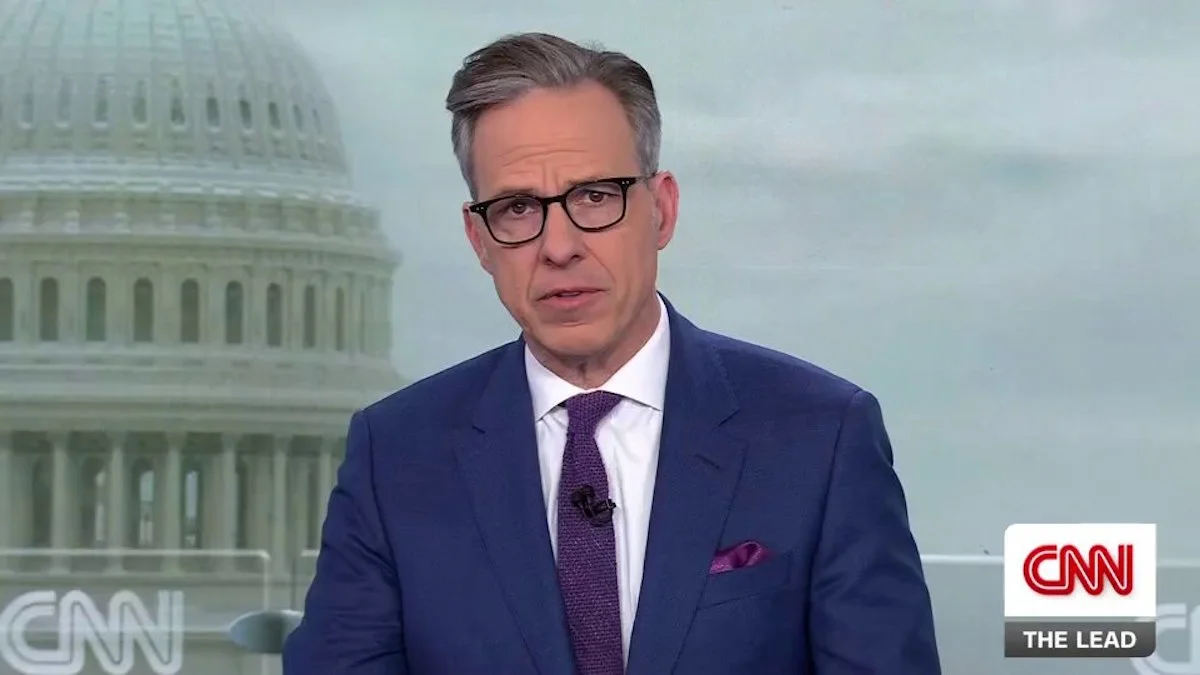




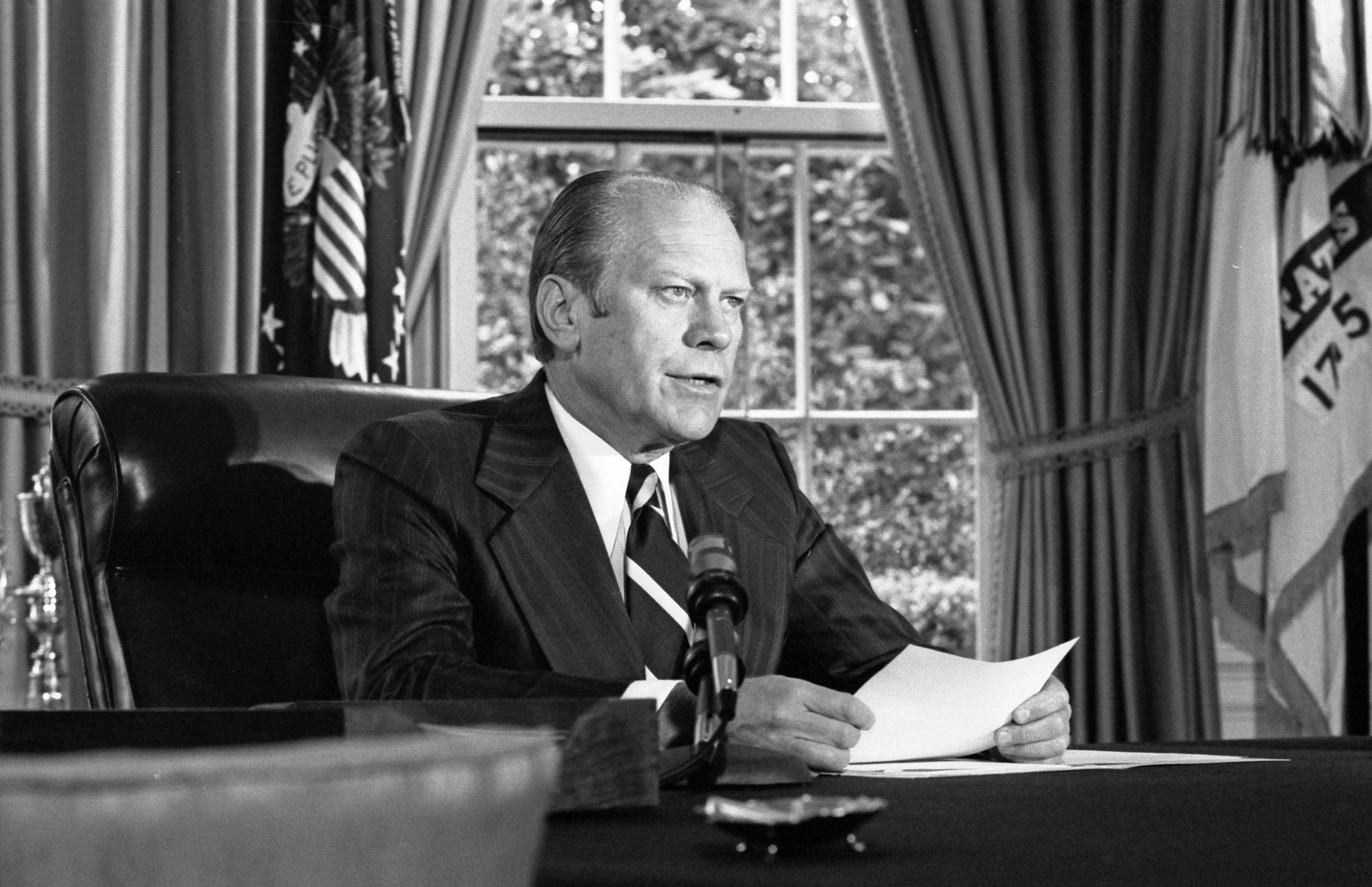
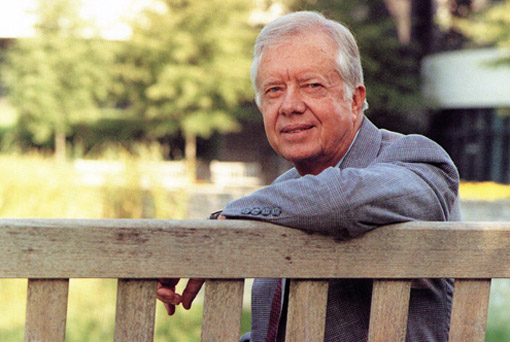
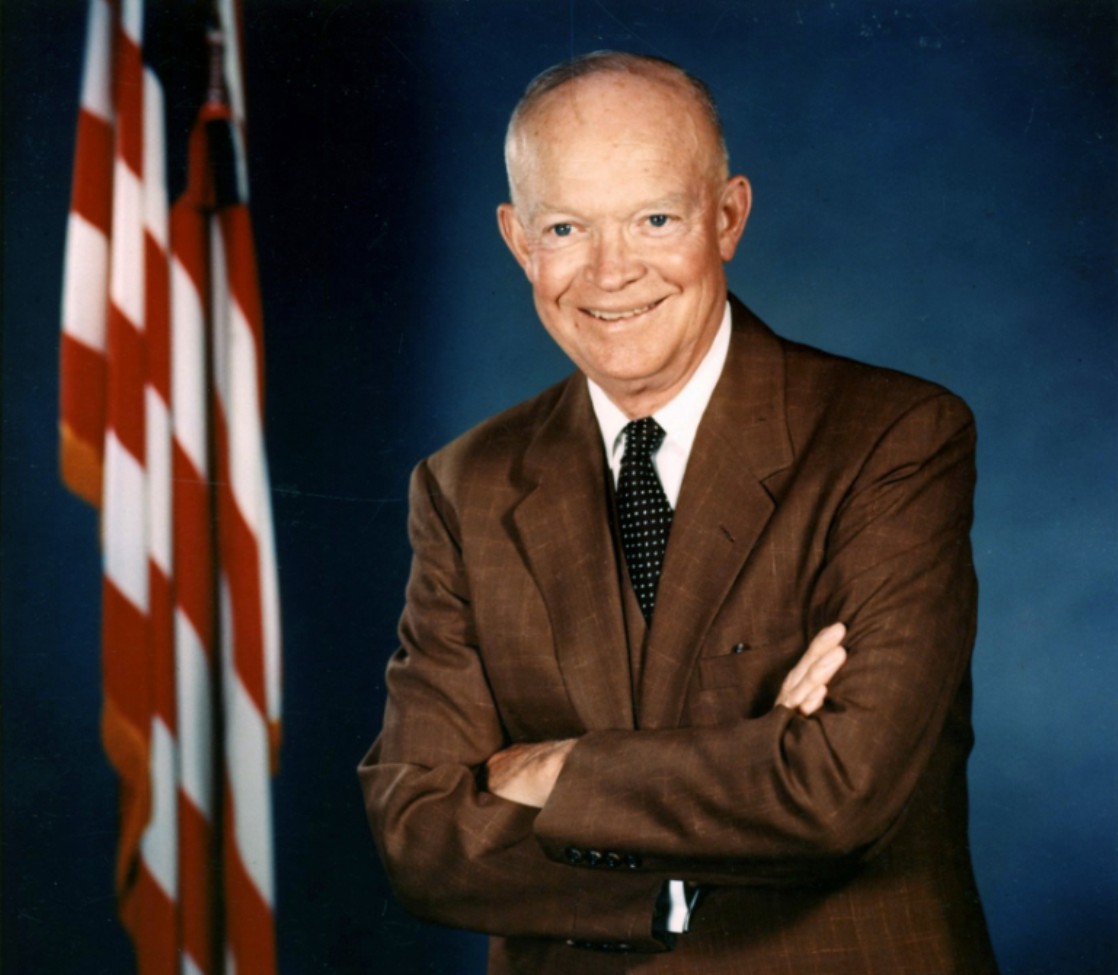
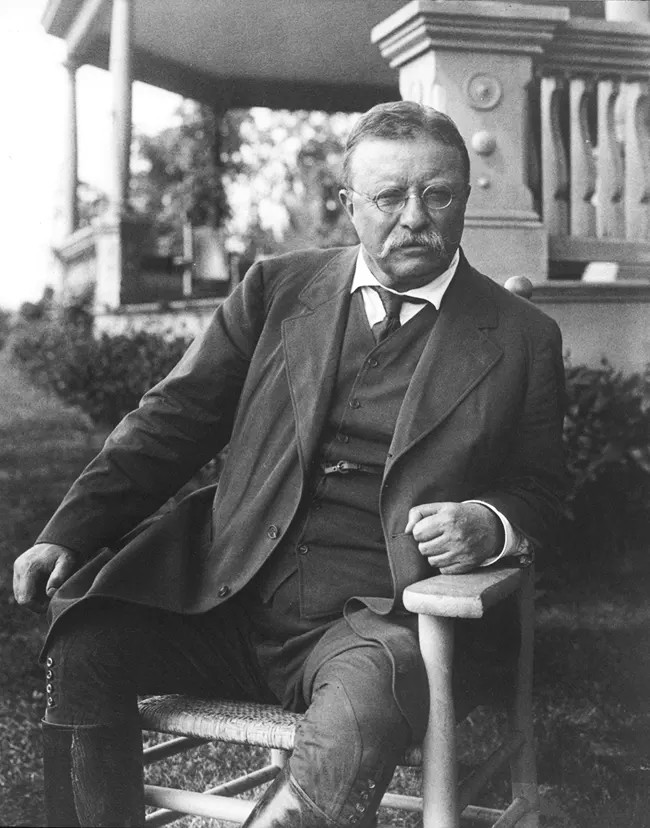


Nice to be reminded of your 2004 book What Do You Stand For? Nice to be reminded of Wigand’s and Lichtman’s “moral intolerance for deceit.”